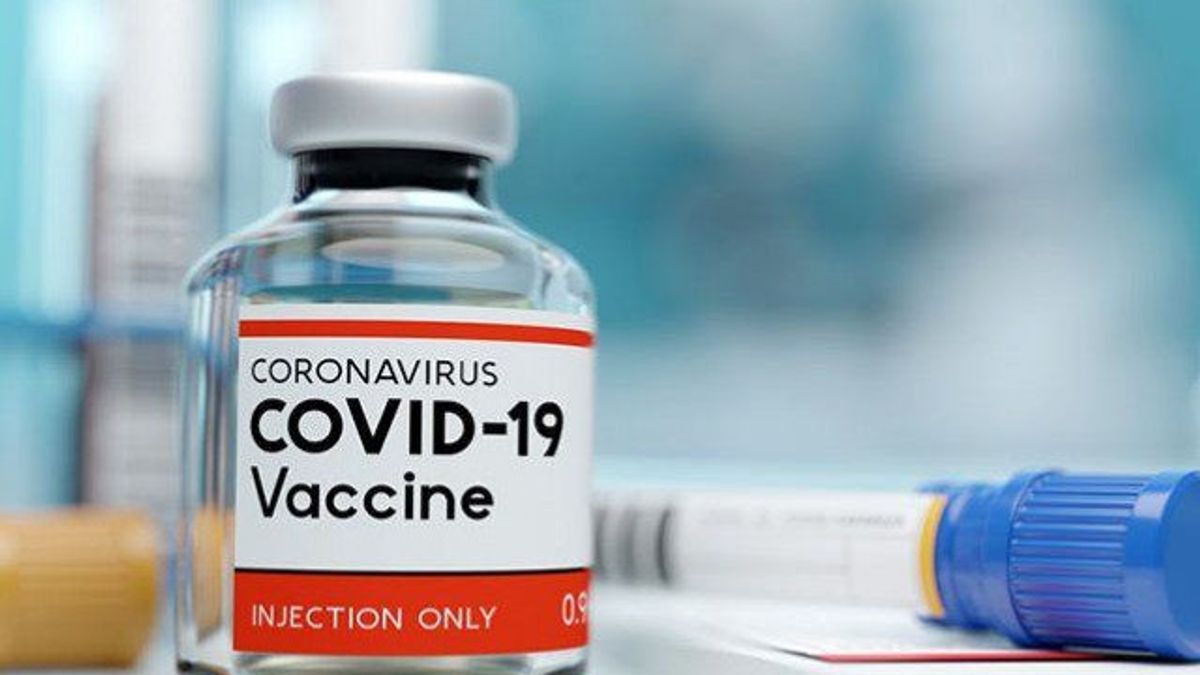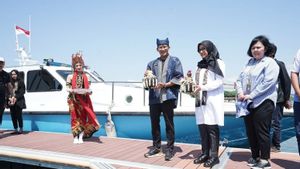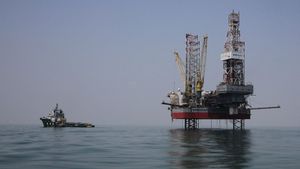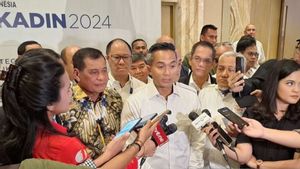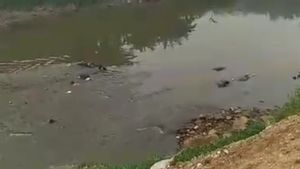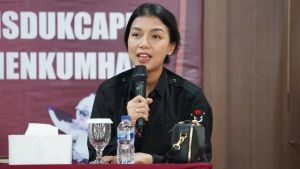JAKARTA - PT Bio Farma (Persero) has officially announced the third or final phase of clinical trials for the COVID-19 vaccine by the nation's children, named the BUMN Vaccine. In this clinical trial, the vaccine will be injected into 4,050 subjects with an age limit of 18 years to 70 years.
Then, when can this domestically made vaccine be used?
President Director of Bio Farma Honesti Basyir said that after entering the third phase of clinical trials, if it goes well and gets an emergency use authorization (EUA), then Bio Farma will produce the vaccine next month.
"Now we are entering the third stage. Our target is July, God willing, when the EUA comes out we will produce it," he said, quoted on Friday, June 10.
Furthermore, Honesti also said that his party had prepared a large enough production capacity. "For this BUMN Vaccine, we have prepared a capacity of 120 million doses per year," he explained.
Honesti emphasized that Bio Farma will use BUMN Vaccines as a booster for adults and children considering that the vaccine coverage in Indonesia is currently very large.
Open opportunities for SOE Vaccine exports
Minister of State-Owned Enterprises (BUMN) Erick Thohir said in the future, after meeting domestic vaccine needs, it is not impossible for Indonesia to export vaccines to other countries in need.
In several countries in the world, Erick said, the availability of vaccines is still a problem. Vaccine ratio in more than 30 countries to date is still less than ten percent. For Erick, BUMN vaccine production will not only strengthen national health security, but also build the strength of foreign diplomacy and increase exports.
"Therefore, we hope that phase 3 clinical trials will run smoothly and will soon obtain EUA from BPOM. In addition, we still need to continue the process to obtain EUL from WHO," said Erick.
Erick is also optimistic that Indonesia can mass produce a COVID-19 vaccine. According to Erick, the vaccine procurement crisis at the beginning of the pandemic required Indonesia to reflect back on its strengths in the health and biotechnology sectors. This is a multi-dimensional issue that also affects national security.
For this reason, said Erick, SOEs are very serious about building a sophisticated biotechnology base to support the national health system and prevent a pandemic from happening again.
"We don't want Indonesia to be poor in modern health science and technology. The war against the pandemic has taught us many valuable lessons, most importantly, don't let the fate of our health security depend on other nations," he said.
The English, Chinese, Japanese, Arabic, and French versions are automatically generated by the AI. So there may still be inaccuracies in translating, please always see Indonesian as our main language. (system supported by DigitalSiber.id)
